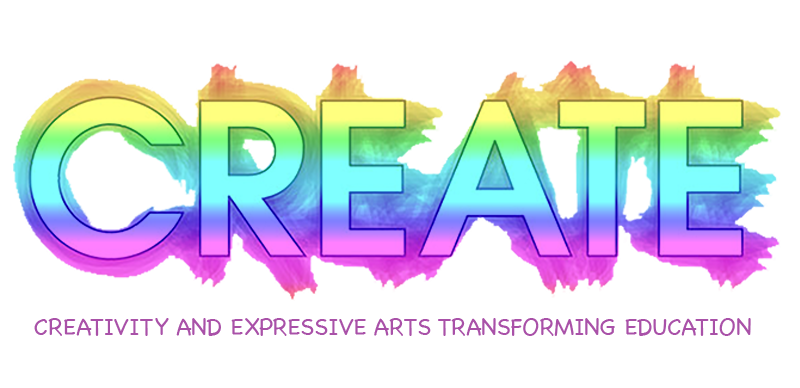What we did:
Glasgow CREATE adapted to establish online platforms to communicate effectively with parents and families and continue to engage children and young people in expressive arts and creative learning. The new platforms include a CREATE website, YouTube and Facebook, and Blogs for the Instrumental Music and Youth Music Initiative Services. As well as offering access to lesson materials and demonstration videos, these platforms were used to run campaigns to inspire and motivate learners to engage in activities which promote positivity and creativity during a very difficult period.
The ‘30 Days of Creativity’ campaign provided daily creative challenges for children to complete using digital tools. The ‘Love from Glasgow’ composing competition invited children and young people to write a piece of music as a message of positivity to family, friends, or the community. Continuing to promote a culture of positivity, secondary pupils were asked to create a YouTube style video sharing what they love about drama and advice for upcoming S1 pupils. With the absence of end of year concerts, our digital platforms hosted a ‘Glasgow Schools Young Musician Celebration’ which gave children and young people an opportunity to showcase their talents and skills developed over the past year.


Who we involved:
Glasgow Education Services’ ‘CREATE’ (creativity and expressive arts transforming education), which includes the Instrumental Music Service and Youth Music Initiative programme. Teachers, Music Instructors, children and young people from across Glasgow Primary and Secondary schools. Partnerships with Apple, Glasgow’s Digital Learning programme, Haydock Music, Glasgow Times and the Benedetti Foundation.
The difference it made:
Children and young people were able to access high quality and engaging learning experiences at home via the online platforms. Families without internet accessed home learning ideas for Music, Drama and creativity via Glasgow Times articles and packs sent to Hub schools. Teachers were able to access materials to support expressive arts and creative learning, which were shared via school digital learning platforms and used to engage children in Hub schools.
The use of digital tools has enabled children and young people to continue to receive instrumental tuition and access individualised lesson materials and regular feedback from instructors. With over 60 participants, virtual concerts allowed young people to celebrate their successes.
The daily videos for 30 Days of Creativity, shared via YouTube, Twitter and Facebook, received high levels of engagement with 27.8K views and 244 subscribers on YouTube; on Twitter, we had 572.3K impressions, 3.9K link clicks and 1.2K retweets, with creative responses to the challenges shared by children and teachers across the city. The ‘Love from Glasgow’ competition engaged primary and secondary pupils from across the city in song writing and composition with the winning entries receiving prize vouchers from Haydock Music in celebration of their creativity.
What we will do differently in the future:
Over the past 6 months, there has been a complete re-think about how music and instrumental lessons are delivered. Demonstrating commitment and creativity, all 80 instructors adapted their practice and enhanced their skills using digital technology to deliver lessons via Teams during lockdown and continue to provide individualised support for young people through blended learning. The use of digital tools to facilitate team meetings will have an impact long term, having increased communication and collaboration between members of a large peripatetic team and enabled further opportunities for sharing practice.
Due to the success of the 30 Days of Creativity project and partnership with Apple, this approach will be implemented in the future to continue to promote creativity and digital innovation across the curriculum.
CREATE is committed to developing a comprehensive online resource which will have an impact in the short and long term on the support available for teachers to deliver the expressive arts curriculum. A progression framework, resources, videos and live stream lessons will widen the reach of the service, providing regular high-quality learning experiences. This equitable approach will ensure all children and young people access a progressive expressive arts programme, which is sustainable moving forwards.








